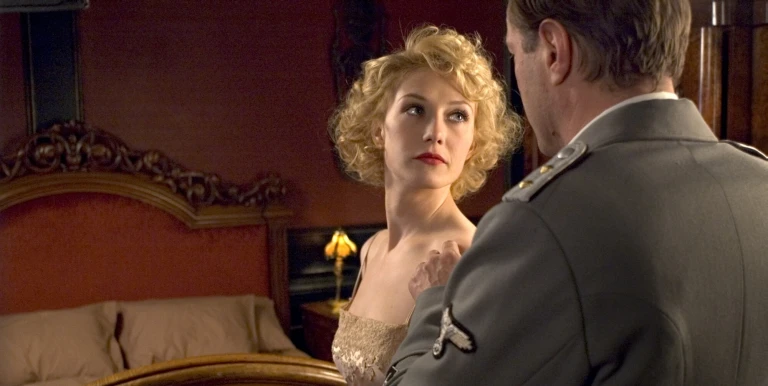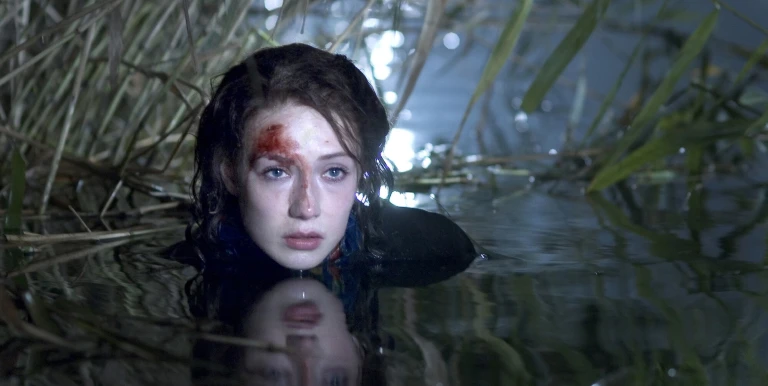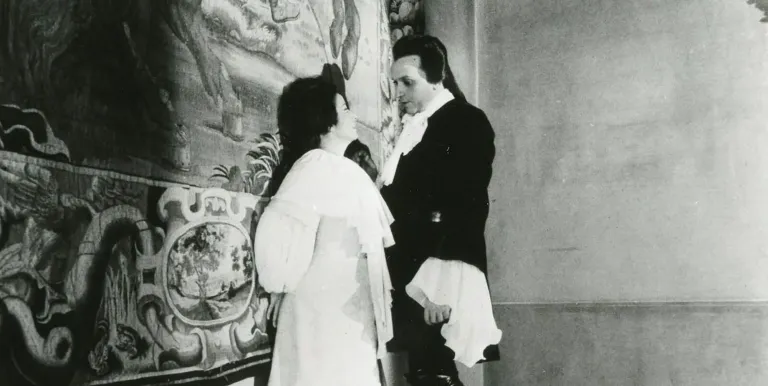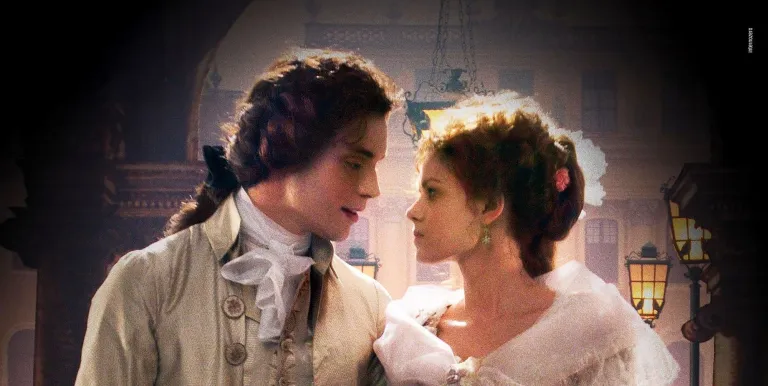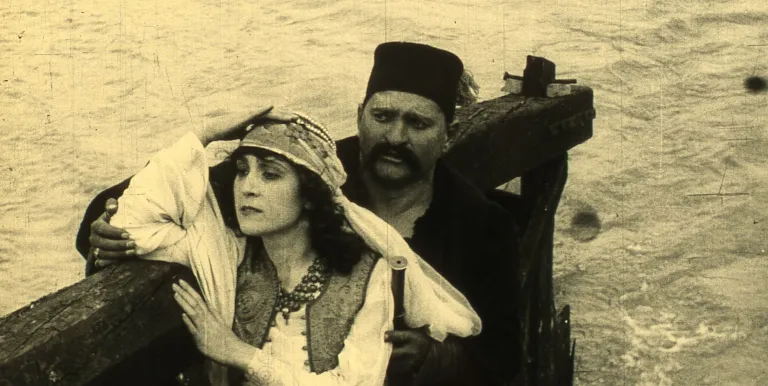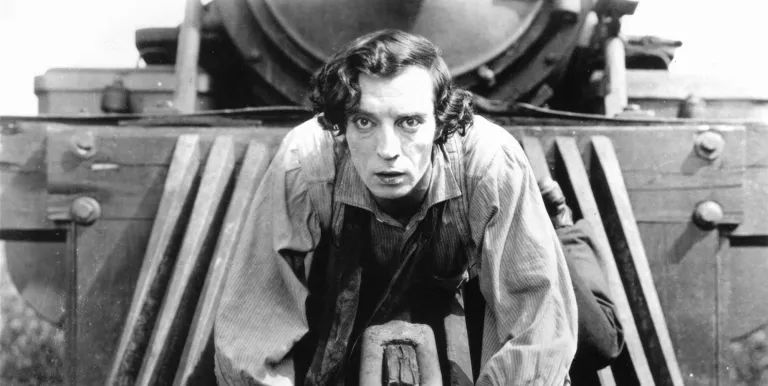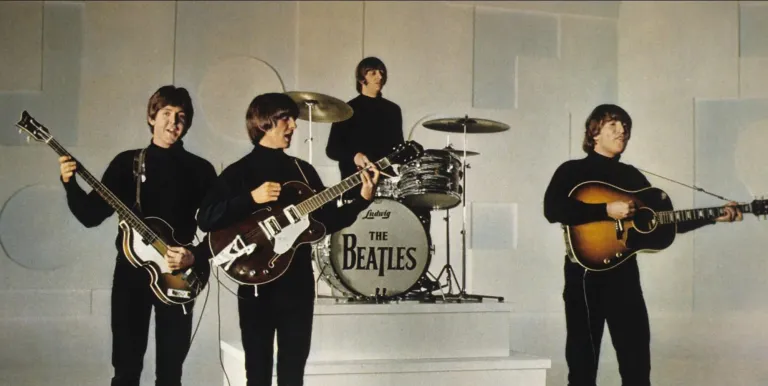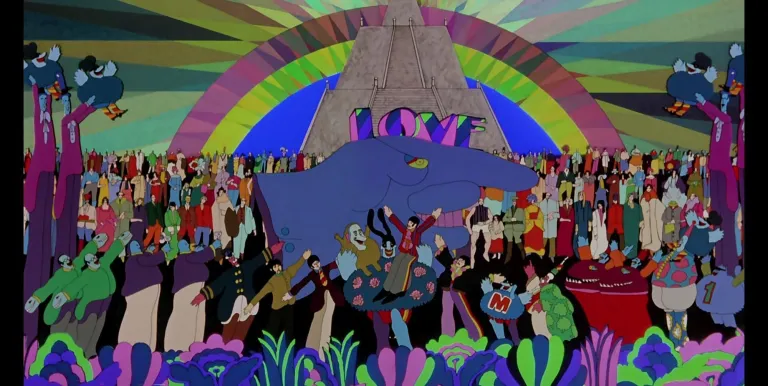Featuring:
Creator:
The Dutch director Paul Verhoeven is rarely mentioned as an auteur. At the same time, he has enjoyed some notable hits in the world of popular movies (Robocop, Total Recall, Basic Instinct). And while Black Book won a wide array of awards, it is also a mainstream film at heart. There are two things that make it stand out, however. It has the highest budget of any film in the history of Dutch cinema. Though that's just a number. What is incredibly significant is that it touched on a point of the Dutch conscience that is still sensitive today: what they did during the German occupation, at the time of the Holocaust.
We Hungarians know all too well what a terribly difficult question that is. If it weren't so hard, there would never been so many works of literature and films that have raised the question time and again. The Dutch were in a different situation to the Hungarians, however. Whereas Hungary was an ally of the Axis powers, the Netherlands was an occupied country. Through the story of a Jewish girl, Black Book examines the myriad ways in which one can experience, live through and survive such an era. It is a harrowing piece of work, featuring almost the entire anthology of strategies and tactics of life. Do you put up with something that cannot be changed? Do you accept it? Do you wait it out? Do you try to profit from it? Do you collaborate, become an informer? Or you can also choose the resistance. There was a genuine Dutch resistance: minor armed resistance, sabotage, messages sent to the Allies, and Jews who were hidden away or helped to escape. In its own brutal way, Black Book also raises the question of whether the role played by the Dutch during the Nazi occupation is consistent with the image that the Dutch developed of themselves in the decades following World War Two. Time has failed to erode this moral dilemma. Nothing expresses this better than the fact that the story of Anne Frank is yet to fade.
In the original languages, with Hungarian subtitles.
The discussions before and after the screening will be conducted in Hungarian.
This film is not recommended for anyone under the age of 18.
The Bridging Europe Festival is sponsored by the Embassy of the Netherlands.
Presented by: Müpa Budapest
-
We wish to inform you that in the event that Müpa Budapest's underground garage and outdoor car park are operating at full capacity, it is advisable to plan for increased waiting times when you arrive. In order to avoid this, we recommend that you depart for our events in time, so that you you can find the ideal parking spot quickly and smoothly and arrive for our performance in comfort. The Müpa Budapest underground garage gates will be operated by an automatic number plate recognition system. Parking is free of charge for visitors with tickets to any of our paid performances on that given day. The detailed parking policy of Müpa Budapest is available here.

